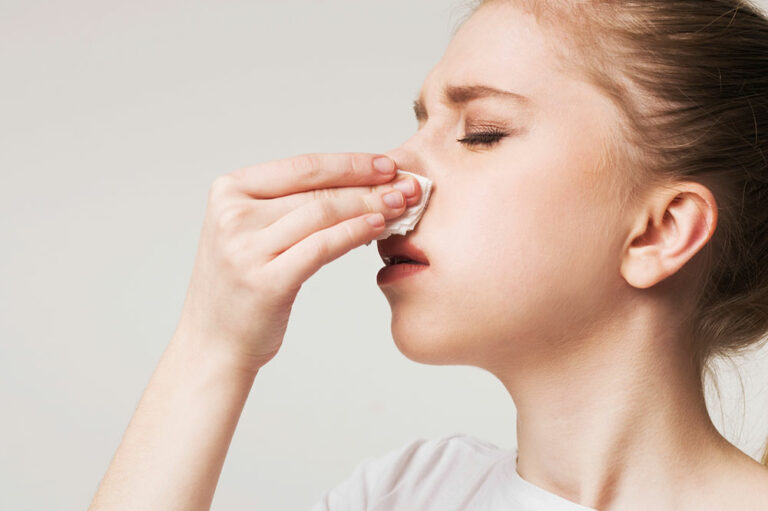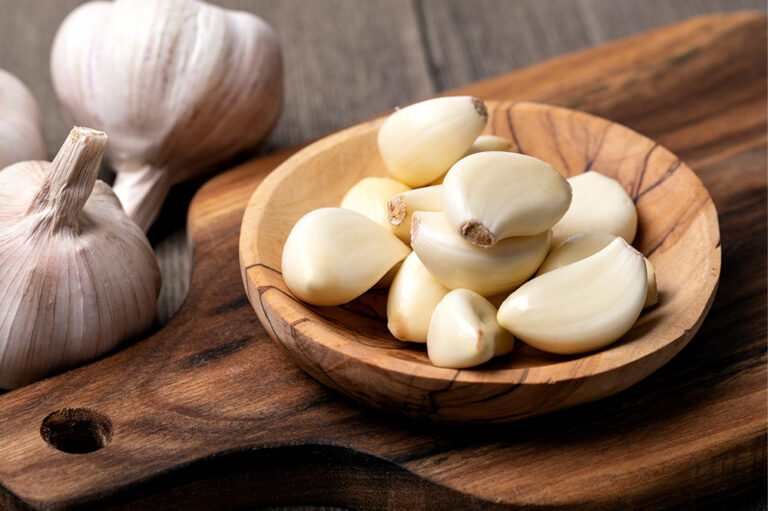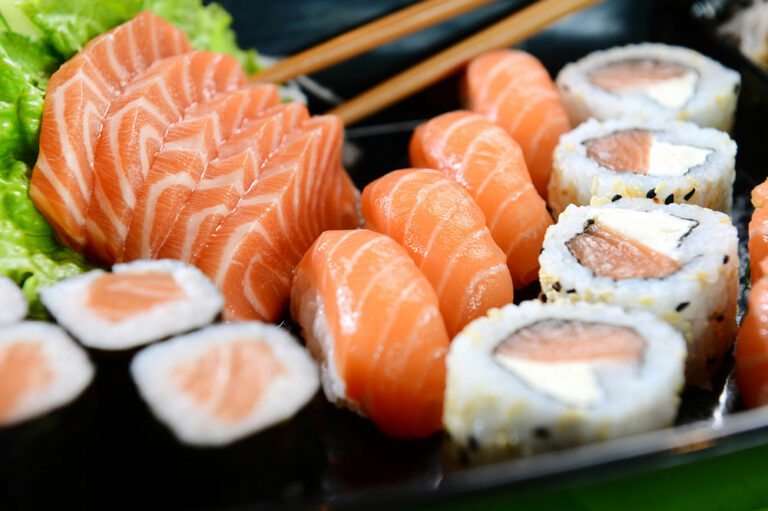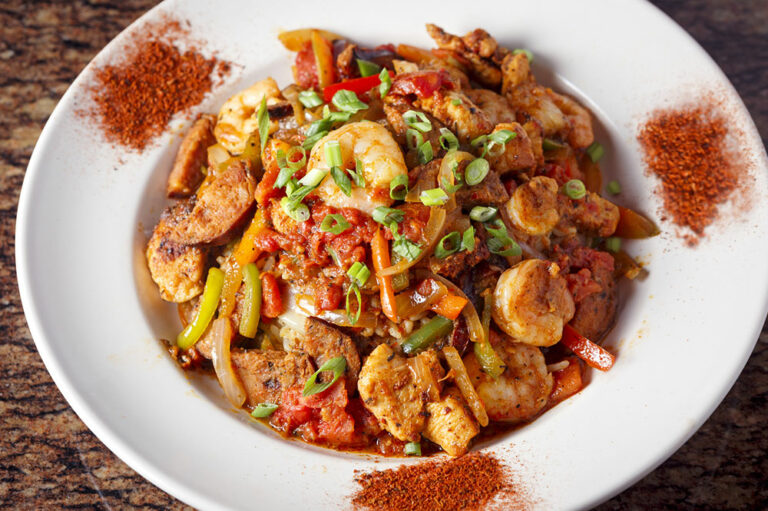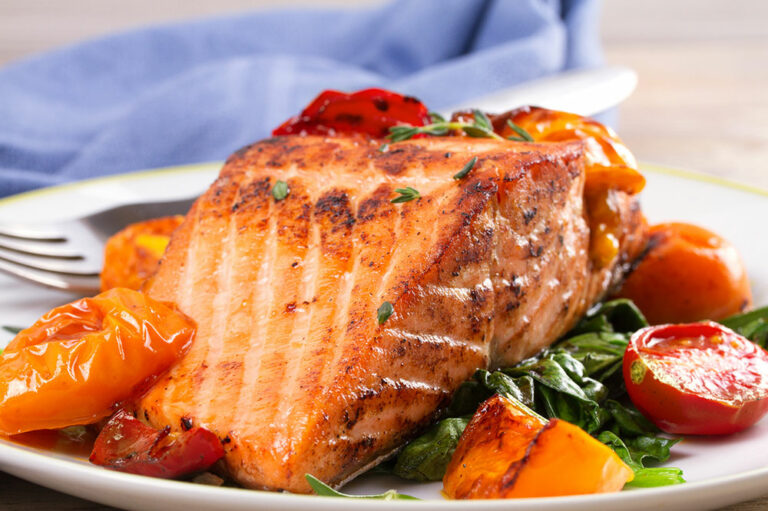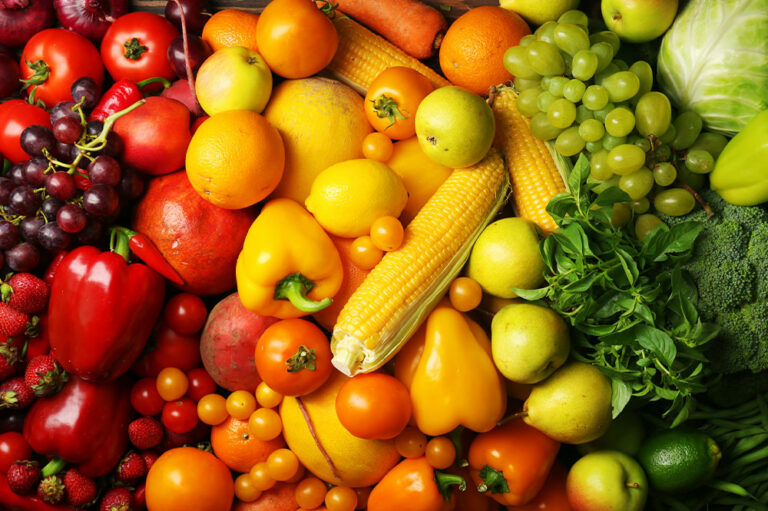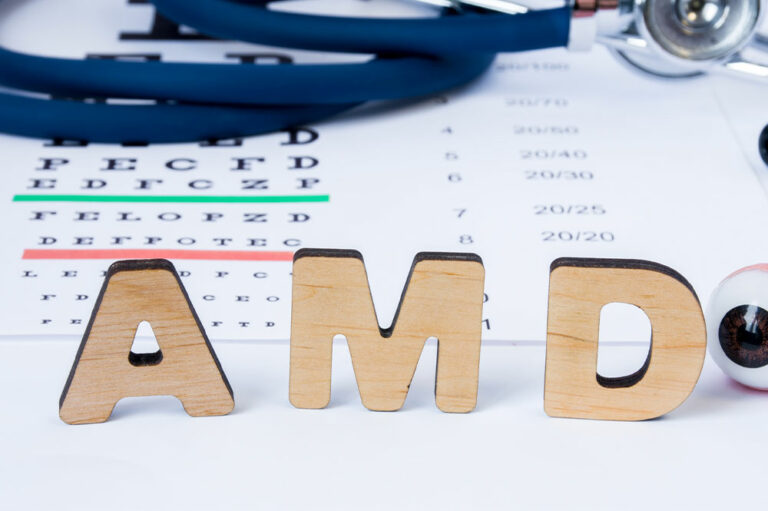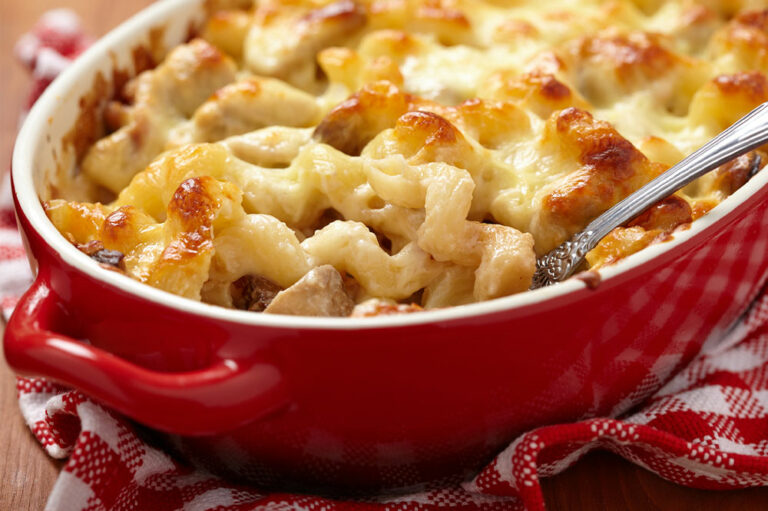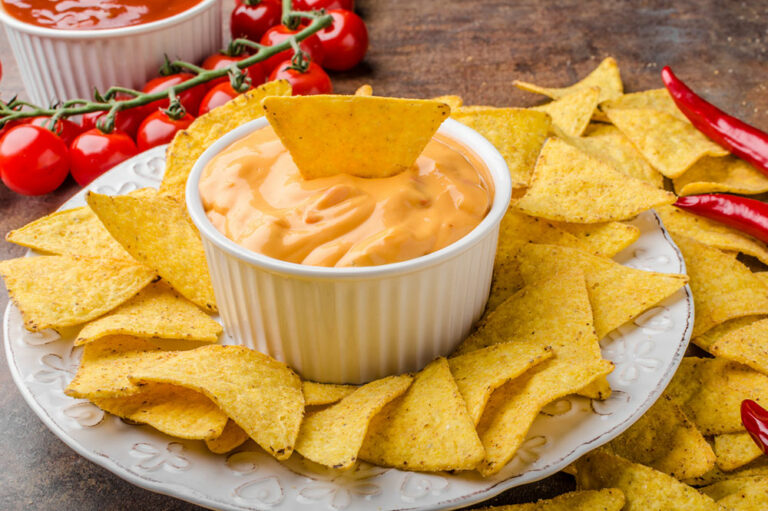
01
List of foods that cause and reduce water retention
Water retention, which is also called edema, can lead to a lot of discomfort, making one feel bloated all the time. A few factors can lead to water retention, such as hormonal fluctuations, side effects of specific treatments, and intake of certain foods. While not all the factors are in one’s control, an individual can surely avoid water retention by steering clear of some foods and including others in their food regimen. Read on to know what are some foods that can cause water retention and help reduce it. Foods that cause water retention High sodium foods Foods that contain high amounts of salt cause a lot of water retention. This is because table salt contains sodium, which causes one’s body to hold onto excess water, leading to bloating and increased blood pressure. Such foods include chips, pretzels, salted nuts, and other similar packaged foods. One can consume these in moderation or opt for low-sodium or salt-free alternatives to these snacks. Additionally, Spices and seasoning options like oregano, herbs, chili, and garlic powder can be used to add flavor. Canned foods Canned foods, such as canned soups, vegetables, corns, stews, etc., are kitchen staples in most households. However, despite their convenience, they might not be the best choices if one is looking to prevent water retention.
Read More 